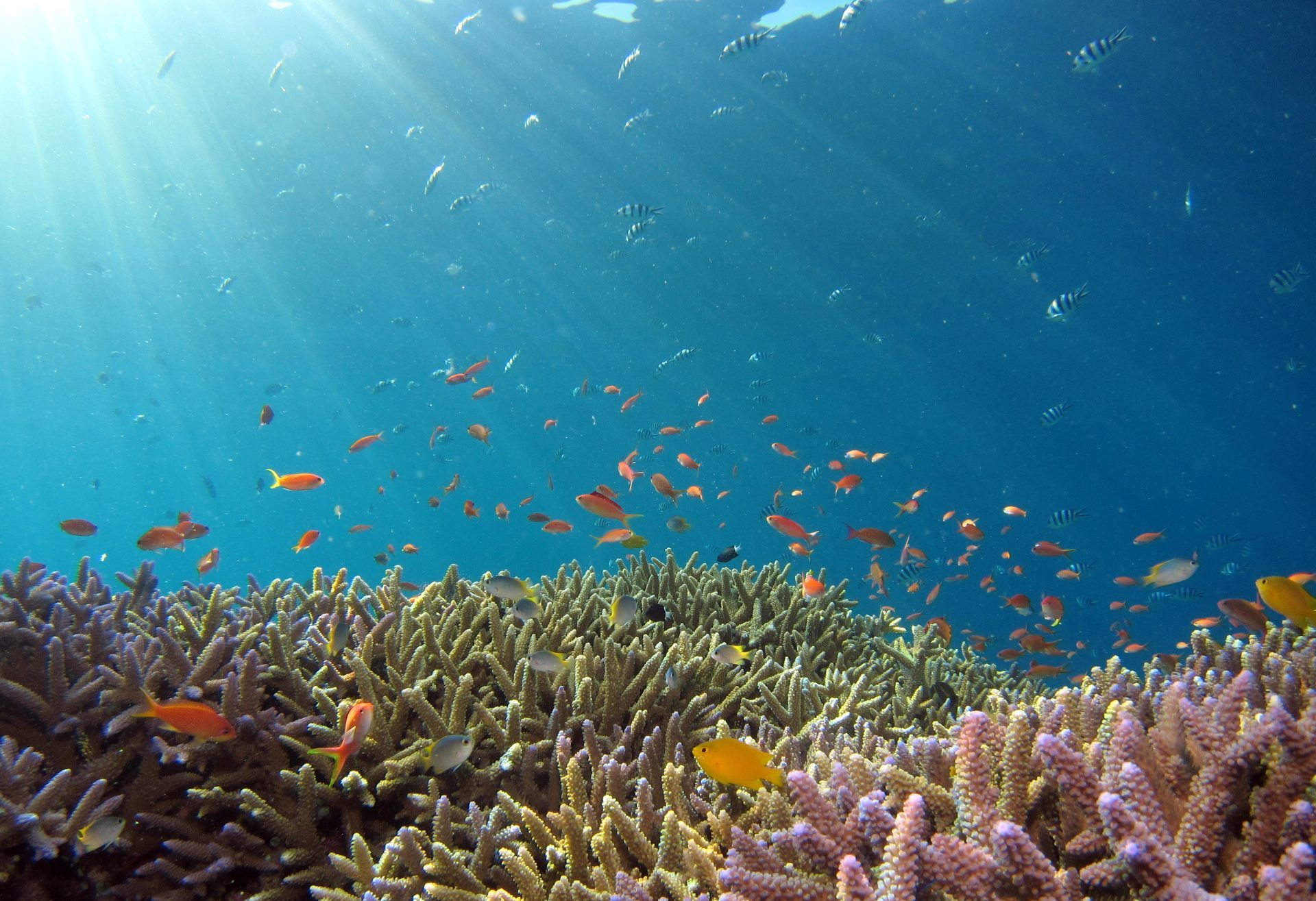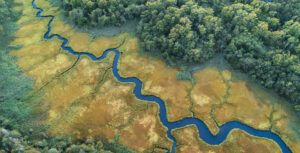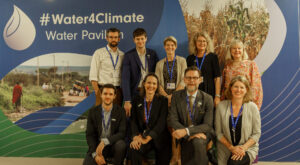Protect the ocean to protect people and planet
Download our report
This action brief explains how a holistic source-to-sea approach to governance can help us save the oceans.
“We are quickly learning how important a healthy ocean is for our climate future.”
SIWI’s Ruth Mathews, who will be attending COP 27 says: “We are quickly learning how important a healthy ocean is for our climate future. Only by bringing together upstream and downstream stakeholders and coordinating across sectors can we take the concrete steps on land that will protect the ocean. Source-to-sea management is a powerful tool for climate action.”
The problem
As human activities intensify they can have a deluge of impacts on terrestrial and water-related ecosystems extending to coastal zones and the ocean. Enormous amounts of industrial and agricultural waste, wastewater and plastics wash into water bodies and from there into the ocean. Pollution can have cascading effects on the ocean, interfering with its climate mitigation and adaptation potential.
The solution
By recognizing the intrinsic link between development activities and their impacts – some of which may occur far downstream – upstream actors can contribute positively to the health of the ocean and revitalize their connection to its contributions to their and the world’s well-being.
SIWI’s Ruth Mathews and José Murillo, will be at COP27 to ensure that the value of source-to-sea management is understood in the context of climate action for adaptation and mitigation from high mountain glaciers to deltas and beyond. They will also be following themes of nature-based solutions (including blue carbon) and ecosystem-based adaptation.
A source-to-sea approach is one of the many ways water offers powerful climate solutions that tackle many problems at the same time. By working with nature and improving how water is managed, countries get access to a range of solutions that increase nature’s ability to store and sequester carbon and make societies more resilient to the impacts of global warming.
Source-to-Sea events at COP27
11 Nov | 09:00-10:30
Ecosystem-based Adaptation at the Ocean Pavilion
14 Nov | 10:00-12:00
On Water Action Day: ‘The power of water: the unexplored potential for climate resilience’ as part of a Marrakech Partnership for Global Climate Action (MPGCA) event.
15 Nov | 14:00-15:00
From the Pamir Glacier to the Nile. Climate action from Source to Sea, at the Water Pavilion.
Meet SIWI's Source-to-Sea experts
Connect with our team on-site or online to learn more about the role of water in climate action and how SIWI can support important transitions. Our experts are happy to take part in interviews and speaking opportunities.
Follow SIWI to COP27
To share new knowledge about water and climate, SIWI will be taking active part in the global climate conference COP27 between 6 and 18 November. Join our programme online to learn about a promising new generation of climate solutions.
Learn more









